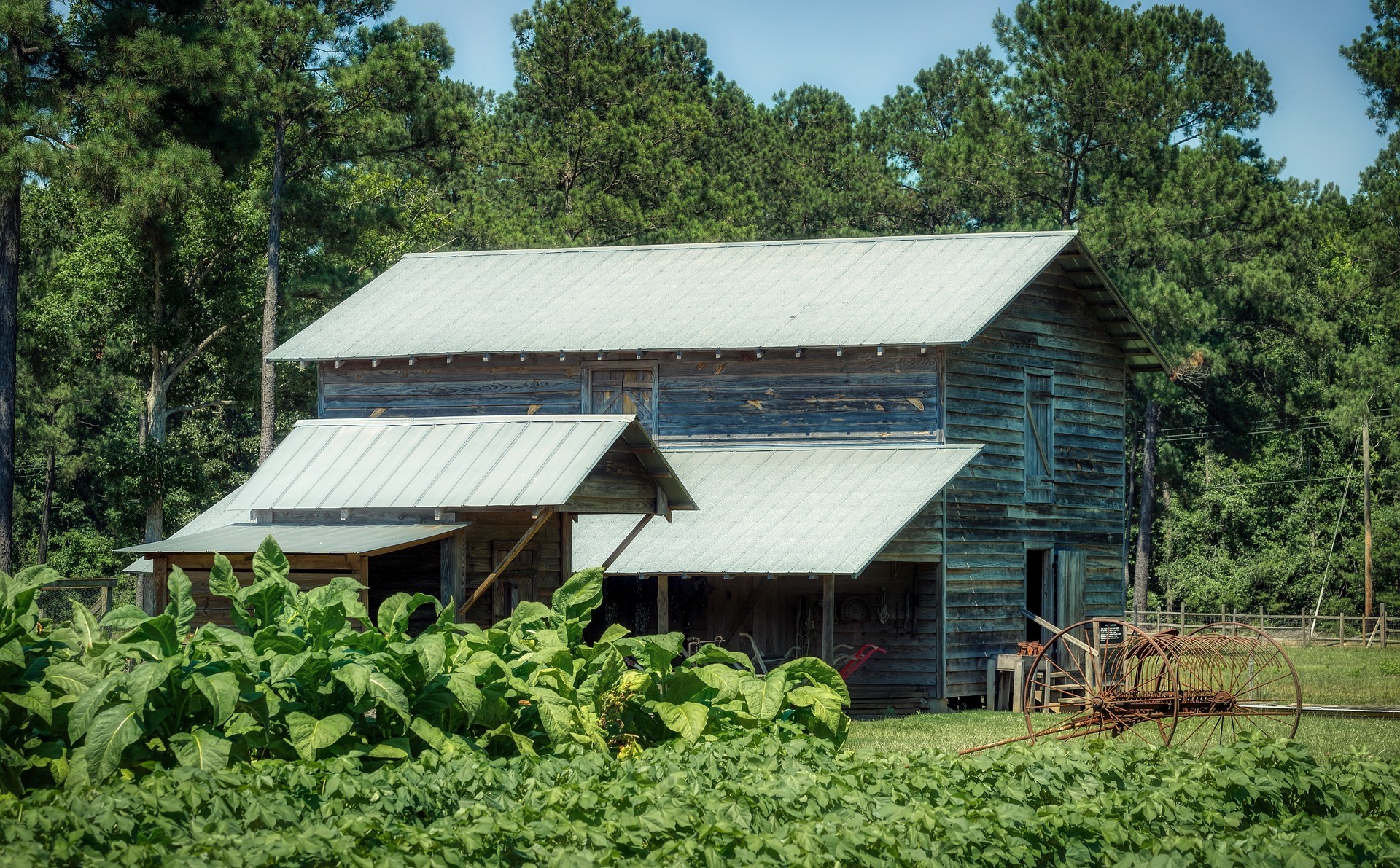Ava Cilia is a law student in the Harvard Law School Food Law & Policy Clinic and guest contributor on this blog.
Between 1910 and 1998 Black Americans lost about 90% of their farmland. Along with decades of notably racist practices by USDA, white supremacist violence, and the Great Migration, this disturbing trend is partially the result of the lack of protections afforded to heirs’ property owners.
Heirs’ property is the term used to describe land that has been passed down through a family over generations without a will. The practice can be traced back to Reconstruction, when many Black families were barred from accessing legal services, and continued through the Jim Crow era to today. When a landowner dies without a will, their portion of a land’s title is split among their respective heirs. Because this continues through subsequent generations, distant relatives end up sharing common ownership and have equal rights to use the property. Those who remain on the land lack marketable title to their farms and may struggle to access loans and credit due to their inability to use their land as collateral. Any co-owner of the land, no matter how small their ownership interest, may petition the court to partition the property and potentially—as often happens—force the sale of the entire parcel. If formal ownership is not established, heirs’ property owners are extremely susceptible to losing their land due to reasons such as a dispute with a distant relative, failing to pay taxes, or as a consequence of being denied aid after a natural disaster.
For centuries, the federal government has done little to nothing to address the problem of land loss as a result of heirs’ property ownership. Finally, in 2018, the Farm Bill included a pilot relending program to begin to tackle the issue. Under the program, USDA will make loans to eligible entities such as nonprofits, credit unions, or cooperatives with certified lender status, who then relend the proceeds to projects working to resolve ownership issues. Unfortunately, no mandatory baseline funding was provided for the program.
In July of 2019, Senators Tim Scott (R-SC) and Doug Jones (D-AL) penned a letter to Secretary Perdue urging USDA to immediately fund and implement the heirs’ property provisions included in the 2018 Farm Bill. That fall, the FY2020 agriculture appropriations bill passed and included $5 million for the pilot relending program. However, none of these funds have been distributed and the program has not been implemented.
The relending program included in the 2018 Farm Bill can be piloted only in states that have enacted the Uniform Partition of Heirs’ Property Act (UPHPA). UPHPA maintains the right of a co-tenant to sell his or her interest in inherited property while ensuring that the other co-tenants will have the necessary due process protections to prevent a forced sale. These due process protections include notice, appraisal, and right of first refusal. So far, 18 states have enacted UPHPA.
However, even in states that have passed UPHPA, heirs’ property landowners remain vulnerable to land loss, including in cases of eminent domain. For instance, in South Carolina, heirs’ property owners are currently fighting to save their land from being taken by the state to build a natural gas pipeline. As one lawyer explained, “in cases where a company or the government is arguing that a utility upgrade is for the public good, it’s nearly impossible for property owners to fight.”
Under these circumstances, local organizations are developing creative solutions to address the problem. The Center for Heirs’ Property Preservation in Charleston has been holding free drive-thru will clinics where lawyers draft wills for participants. Members of the Gullah Geechee community on St. Helena’s Gullah Island are raising funds for the Pan-African Family Empowerment and Land Preservation Network, an organization that pays delinquent property taxes for Gullah heirs’ property owners and educates community members on ways to reduce their taxes. As Sarah Reynolds Green, a farmer and the organizer of the tax delinquency efforts, said, “so much is needed. We can’t do it all, but we do what little we can do.”
The views and opinions expressed on the FBLE Blog are those of the authors and do not necessarily reflect the official policy or position of FBLE. While we review posts for accuracy, we cannot guarantee the reliability and completeness of any legal analysis presented; posts on this Blog do not constitute legal advice. If you discover an error, please reach out to contact@farmbilllaw.org.


